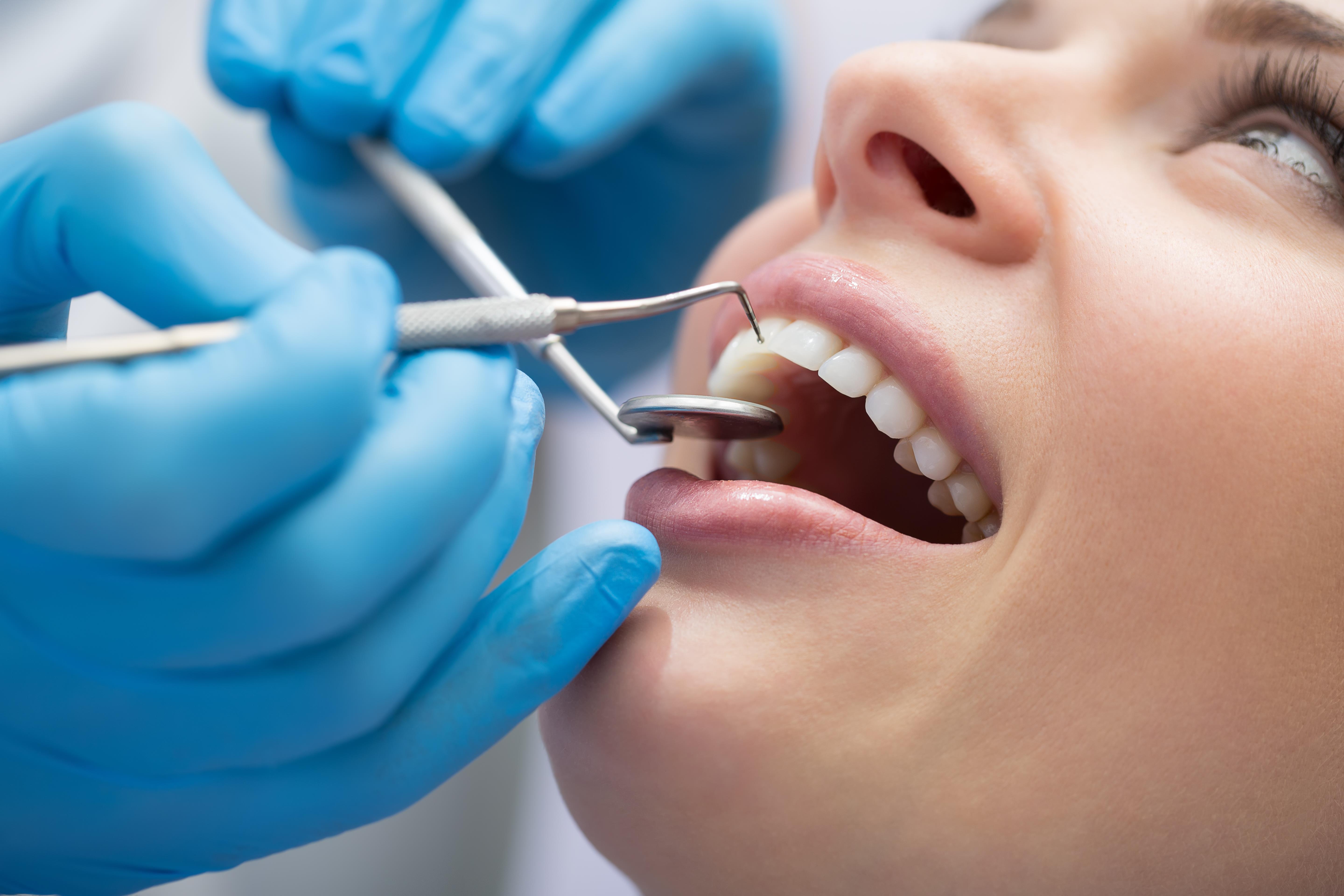Experience Comprehensive Dental Treatment with a Relied On Eugene Dentist
A Guide to Typical Oral Problems That Need a Dental professional's Treatment
Recognizing the range of dental conditions that necessitate specialist treatment is critical for preserving optimal dental health and wellness. Toothaches, for instance, can be symptomatic of severe problems such as dental caries, broken teeth, or abscesses, each calling for specific treatments like dental fillings or origin canals. Gum condition, from the beginning of gingivitis to much more extreme periodontitis, emphasizes the value of routine oral examinations and cleanings. Affected knowledge teeth and jaw conditions can introduce substantial discomfort and complications. Making certain timely visits to the dental professional can mitigate these concerns successfully, but just what are the therapies and indicators entailed?
Toothaches
Toothaches are a common dental problem that can vary from moderate pain to serious pain, commonly suggesting a hidden concern that requires specialist focus. This pain can come from a selection of sources, including tooth decays, split or fractured teeth, and oral abscesses. Each of these problems positions considerable threats if left neglected, potentially bring about more severe issues.
Tooth decays, also referred to as caries, are brought on by the build-up of plaque that deteriorates tooth enamel, leading to holes or pits in the impacted teeth. Split or fractured teeth, on the other hand, might arise from trauma, grinding, or biting into difficult items. These structural problems can expose the delicate inner layers of the tooth, creating pain and enhancing the risk of infection. Abscesses are excruciating infections at the origin of a tooth or between the gum tissue and a tooth, usually arising from serious degeneration or without treatment cavities.
Reliable therapy of toothaches involves addressing the origin. This may include fillings for cavities, crowns for cracked teeth, or root canals and prescription antibiotics for abscesses. Very early treatment by an oral specialist can protect against additional deterioration and reduce pain, ensuring optimum oral wellness.
Periodontal Illness

The primary cause of gum tissue illness is bacterial plaque, a sticky, colorless movie that continuously develops on teeth. Poor dental health, cigarette smoking, hereditary proneness, and specific medical conditions, such as diabetic issues, can worsen the threat of creating gum tissue illness. Routine dental exams are vital for early detection and administration of this condition.
Therapy for gum tissue illness ranges from specialist dental cleansing and scaling to more innovative procedures like origin planing and periodontal surgical treatment, depending on the intensity. Maintaining excellent oral health techniques, including cleaning twice daily, flossing, and making use of an antibacterial mouth wash, can dramatically decrease the risk of periodontal illness and advertise healthier gum tissues.
Cavities
Dental caries, likewise referred to as cavities, are a common oral condition defined by the damage of tooth enamel because of acid-producing microorganisms in the mouth. These bacteria prosper on sugars and starches from food and drinks, producing acids that slowly deteriorate the enamel, leading to tooth cavity development.
Early-stage cavities may disappoint signs and symptoms, but as they progress, they can trigger tooth pain, level of sensitivity to hot or cool, visible holes or pits in the teeth, and discoloration. If left without treatment, dental caries can permeate much deeper layers of the tooth, potentially leading to extreme pain, infection, and even tooth loss.
Preventing cavities includes a combination of great dental health methods and dietary routines. Normal cleaning with fluoride tooth paste, flossing, and regular dental examinations are important. Dentists may also recommend additional preventive steps, such as fluoride treatments and dental sealants, to protect teeth from decay.
Minor cavities can be addressed with oral fillings, which restore the tooth's structure. More sophisticated situations may call for crowns or even origin canal therapy if the degeneration has actually reached the tooth's pulp.
Impacted Knowledge Teeth
Influenced wisdom teeth are a common oral problem that occurs when the 3rd molars, generally described as knowledge teeth, stop working to fully emerge or align effectively within the mouth. This condition often arises from insufficient area in the jaw or an unusual development angle of the teeth. Affected wisdom teeth can bring about a range of problems, including infection, damages, and discomfort to adjacent teeth.
When wisdom teeth become influenced, they are frequently partly appeared or remain completely below the gum tissue line. This partial eruption can develop a pathway for bacteria useful site to go into the periodontals, causing infections that show up as swelling, discomfort, and also fever (dentist eugene oregon). Additionally, impacted knowledge teeth can apply stress on bordering teeth, possibly causing crowding or changing
A comprehensive dental assessment, generally including X-rays, is necessary for detecting influenced wisdom teeth. Treatment typically includes medical removal, executed by an oral surgeon. The procedure aims to minimize discomfort and protect against additional issues, such as cysts or damages to bordering bone structures. Post-operative care is vital to ensure appropriate recovery and decrease the risk of infection. Routine dental check-ups are advisable to keep an eye on the condition and keep oral wellness.
Jaw Disorders
Verdict

Dental dental caries, additionally recognized as cavities, are triggered by the build-up of plaque that deteriorates tooth enamel, leading to holes or pits in the affected teeth. Abscesses are excruciating infections at the root of a tooth or in between a tooth and the gum, usually resulting from extreme degeneration or unattended dental caries.
Influenced knowledge teeth are a common oral concern that takes place when the 3rd molars, frequently referred to as wisdom teeth, fail to totally arise or line up effectively within the mouth. Affected knowledge teeth can lead to a range of difficulties, consisting of discomfort, infection, and damage to surrounding teeth.
Furthermore, influenced wisdom teeth can exert stress on bordering teeth, possibly triggering crowding or shifting.